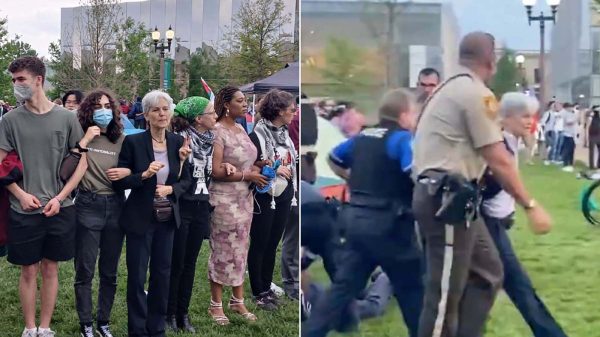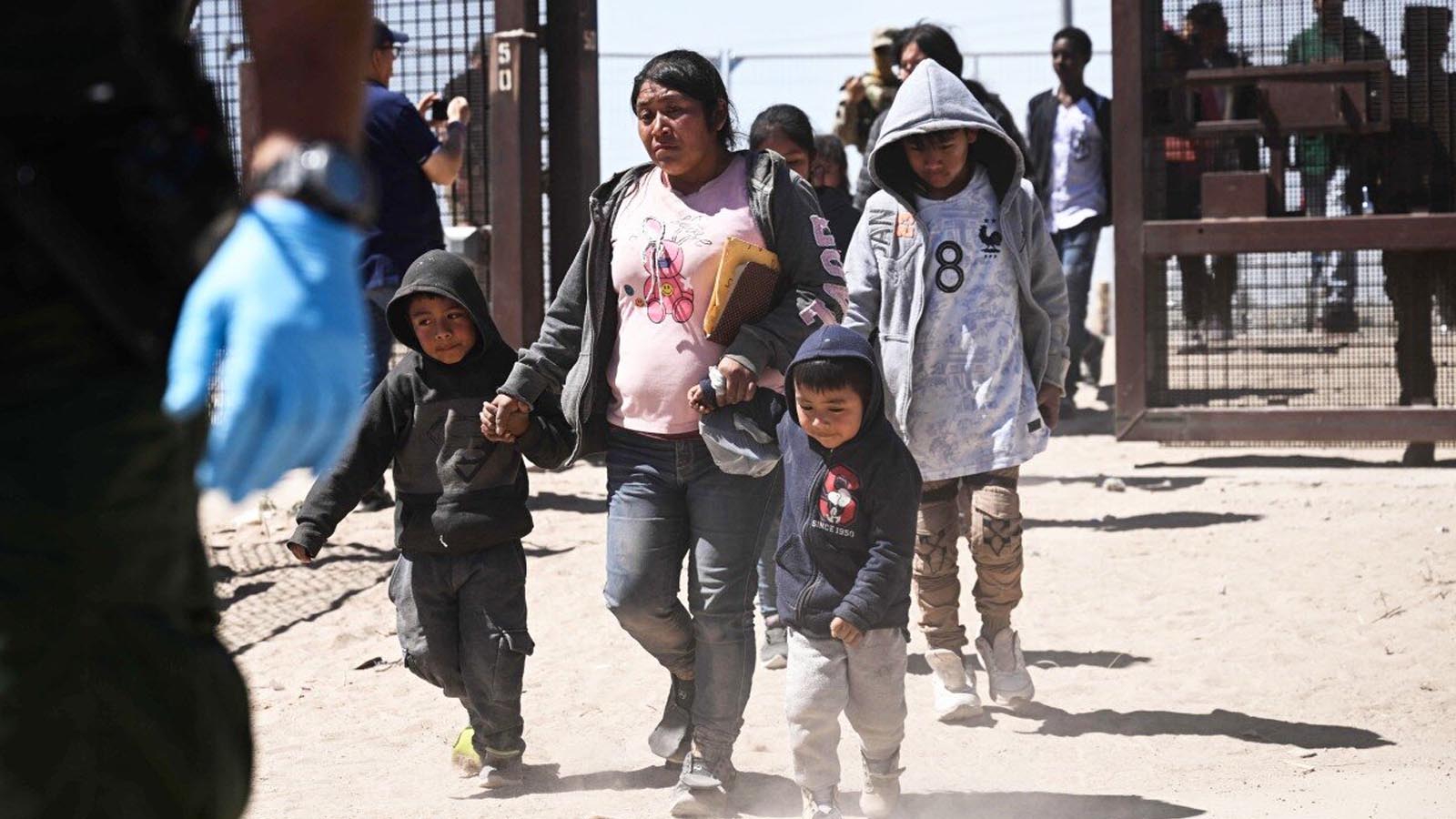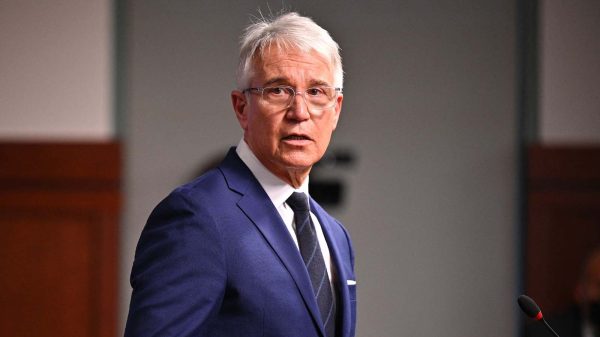The Biden administration has introduced a new immigration program to allow some nationals of Central America and Colombia to enter the United States.
The U.S. Department of Homeland Security (DHS) announced on July 7 that it’s implementing “new family reunification parole (FRP) processes” for Colombia, El Salvador, Guatemala, and Honduras. The program was first announced in April.
The FRP processes allow certain migrants with U.S. relatives to enter and work legally while they await their U.S. immigration visas.
“Specifically, nationals of these [four] countries can be considered for parole on a case-by-case basis for a period of up to three years while they wait to apply to become a lawful permanent resident,” the DHS stated on July 7.
Potentially eligible migrants are those from the four countries who have family members who are U.S. citizens or lawful permanent residents in the United States.
The latest initiative, according to the DHS, is part of the comprehensive measures the DHS and State Department announced in April “to further reduce unlawful migration across the Western Hemisphere, significantly expand lawful pathways for protection, and facilitate the safe, orderly, and humane processing of migrants.”
The FRP processes were available to Cubans starting in 2007 and Haitians starting in 2014. The Trump administration had halted the programs, but the Biden administration later restarted them.
US ‘Intends to Welcome as Many as 100,000’
The U.S. family member must file Form I-30—also referred to as the Petition for Alien Relative—on behalf of their Colombian, Salvadoran, Guatemalan, or Honduran relative.
If the petition is approved, the State Department issues an invitation to the petitioning U.S. family member, who can then start the FRP process by filing a request on behalf of the migrant relative to be considered for advance travel authorization and parole.
The DHS said on July 7 that if the foreign national is granted parole status, which permits entry into the United States, that person can then request employment authorization while waiting for his or her immigrant visa to become available. When the immigrant visa is available, he or she may apply for permanent residency—also referred to as a green card.
The FRP process can be a faster pathway to enter the United States than the regular process of U.S. citizens’ and green-card holders’ applying and waiting for an immigrant visa for their relatives.
The Biden administration announced on May 2 that the United States “intends to welcome as many as 100,000 individuals from Honduras, Guatemala, and El Salvador” under the FRP processes. No time frame has been provided, however, and a numerical cap for Colombian migrants has also not been specified.
‘Lawful Pathways’
Homeland Security Secretary Alejandro Mayorkas said in a statement that the new processes “promote family unity and provide lawful pathways consistent with our laws and our values.”
“The Department has proven that the expansion of safe, orderly, and lawful pathways, combined with strong enforcement, is effective in reducing dangerous, irregular migration to the United States,” he said.
According to data from the U.S. Customs and Border Protection more than 126,200 Colombians, 40,700 Salvadorans, 115,100 Guatemalans, and 110,000 Hondurans have been processed at the southwest border so far in fiscal 2023.
The DHS stated that the new FRP processes “allow for parole only on a discretionary, case-by-case, and temporary basis upon a demonstration of urgent humanitarian reasons or significant public benefit, as well as a demonstration that the beneficiary warrants a favorable exercise of discretion.”
The above stipulations are in accordance with the Immigration and Nationality Act (INA), enacted in 1952. The INA authorizes the Homeland Security secretary—currently Mr. Mayorkas—to decide whether to parole a foreign national into the United States.














Tell me what other country let’s this many illegal immigrants in their country. I think Canada does but they even have a limit, not just wide open. What a fucked up country.
How about my son for whom i filed i-130 family petition in 2007 ,who is waiting for green card from Canada,if i ever see him leaving with me before i die,they are 9 milon people waiting in this category,